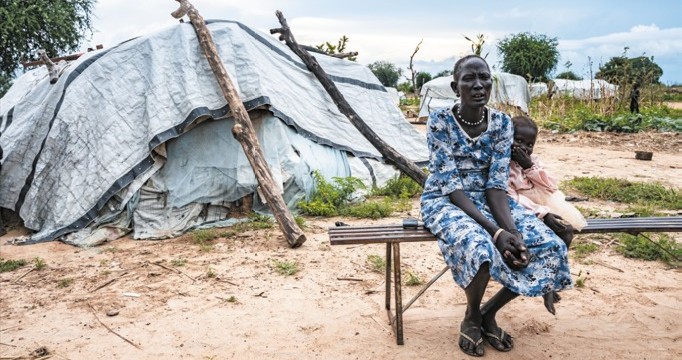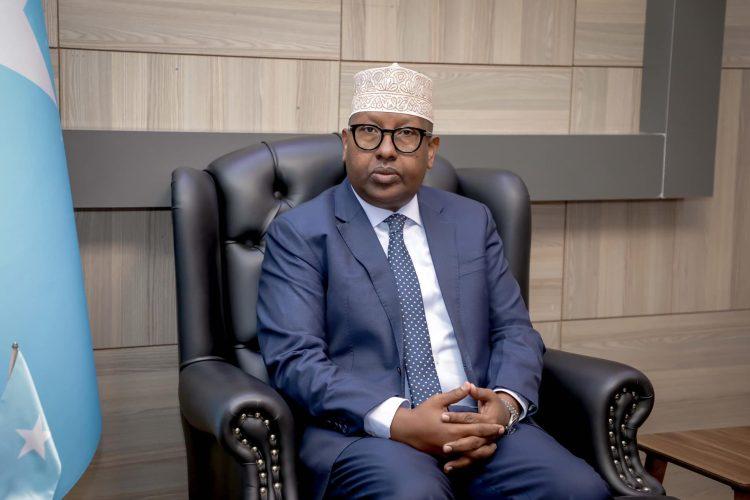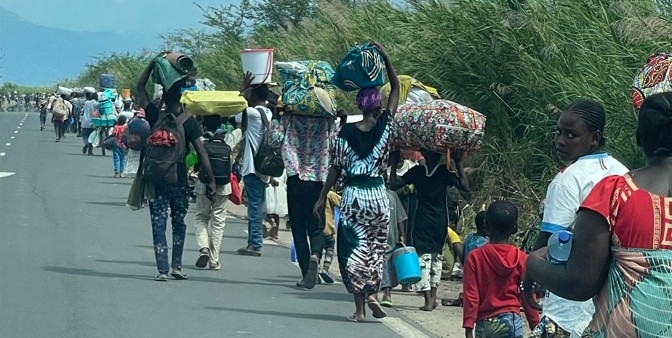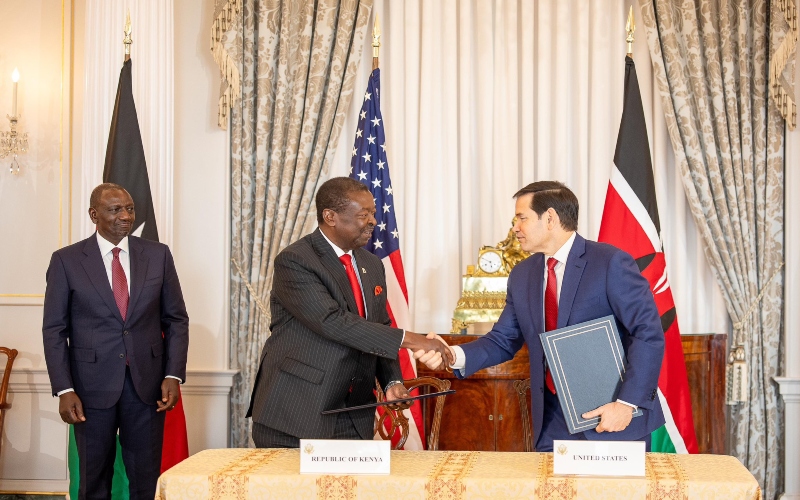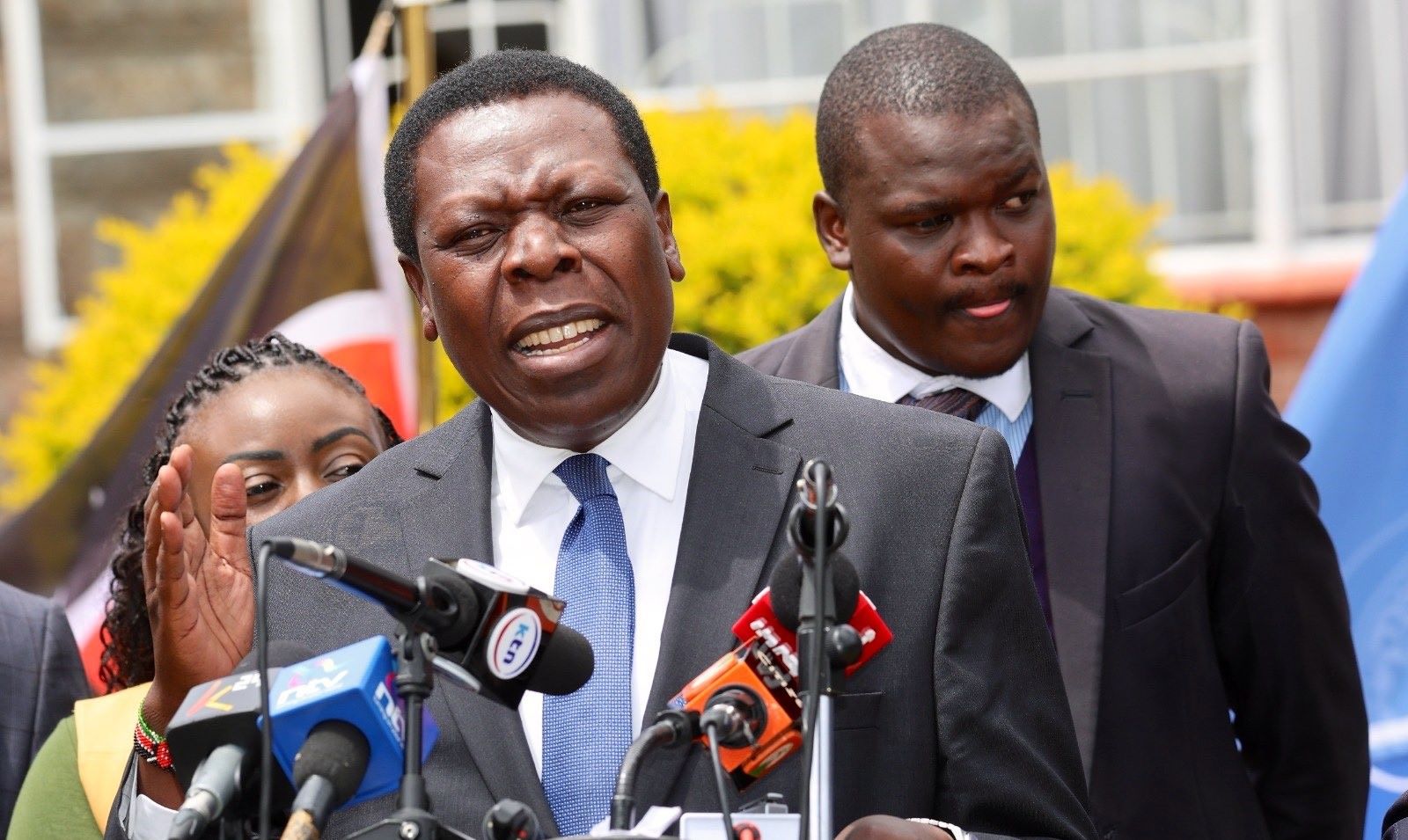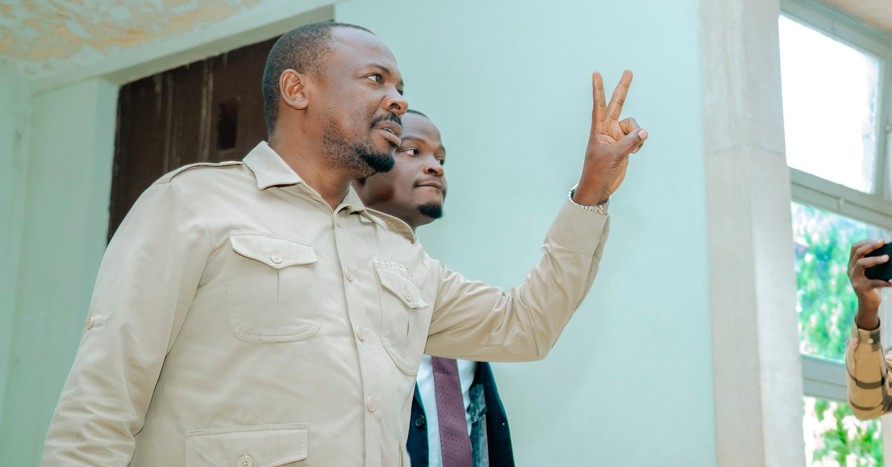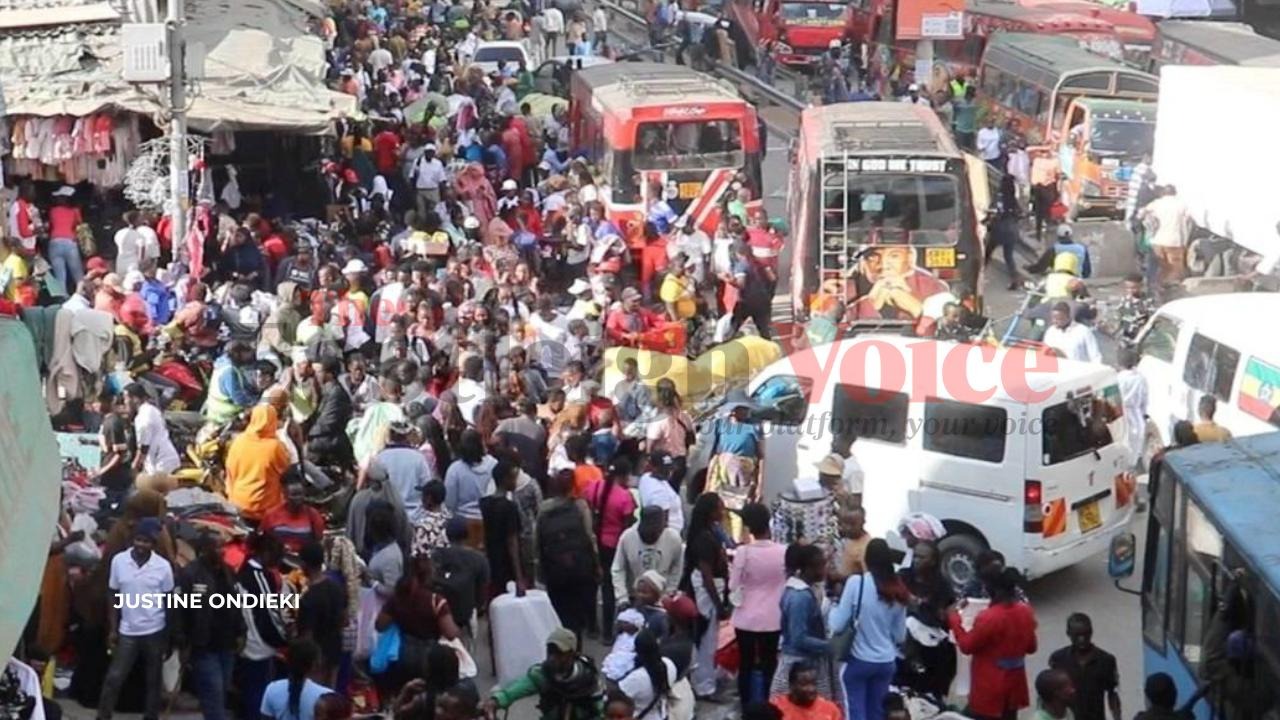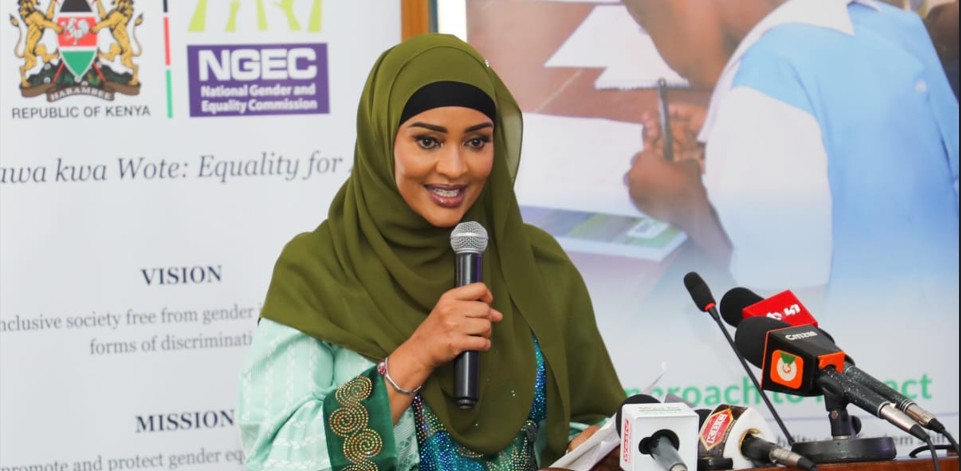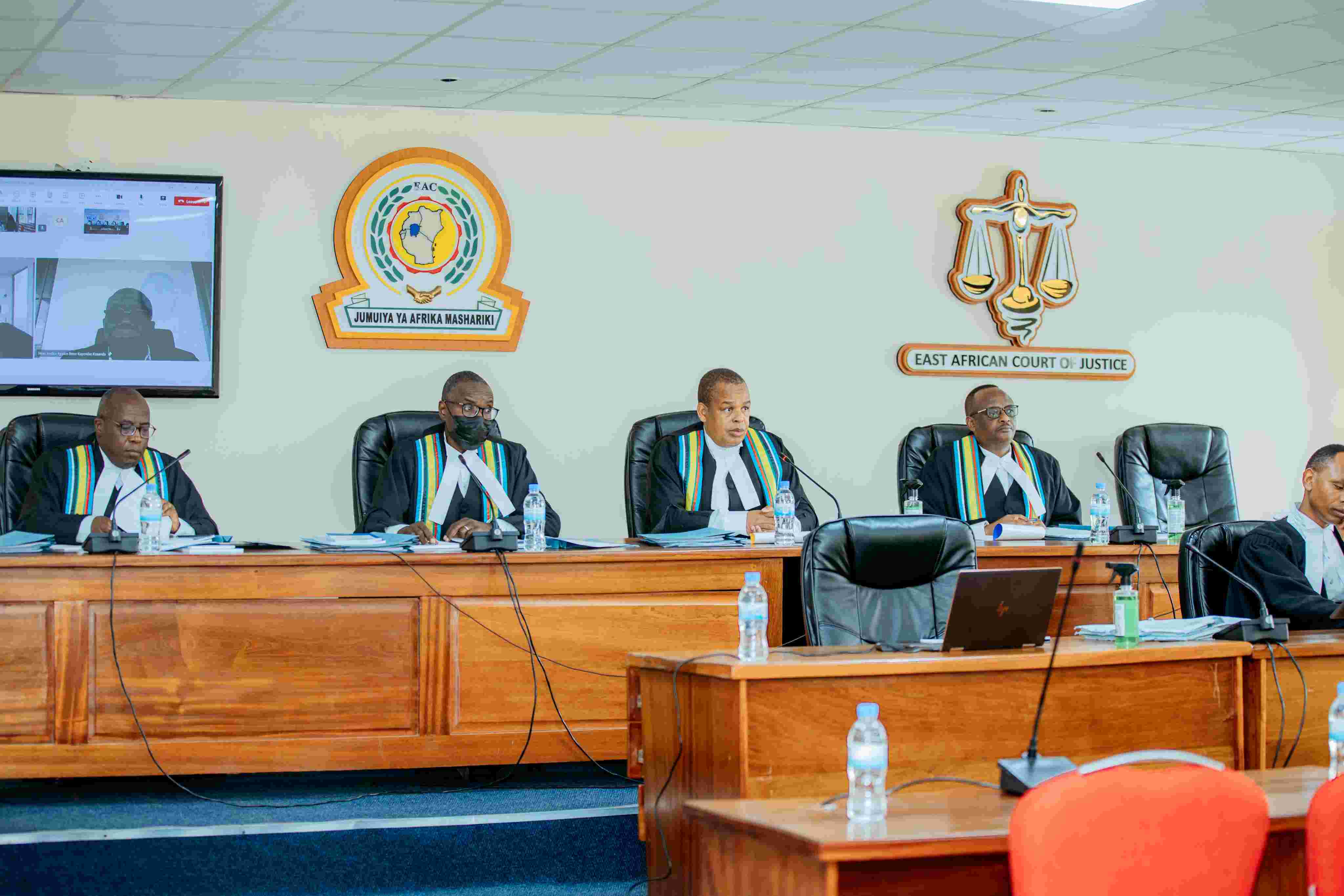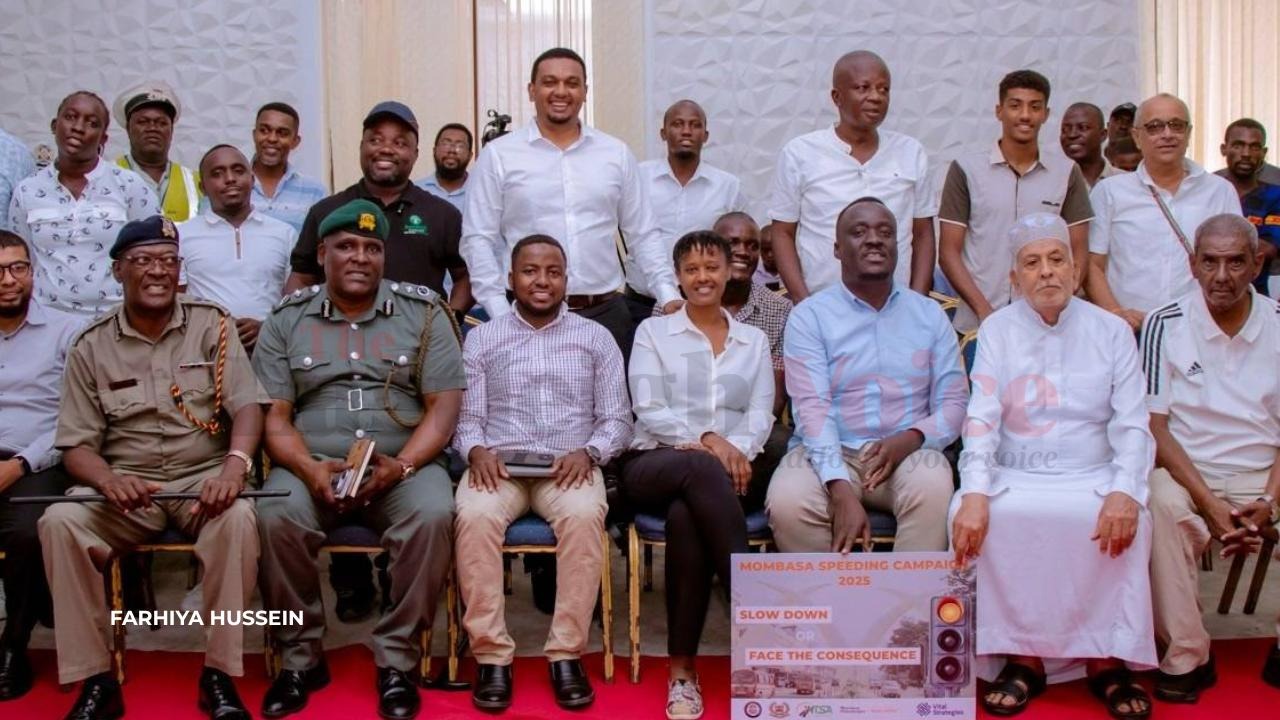Families ravaged by tragedy as Kwa Binzaro mass graves reveal grim truth
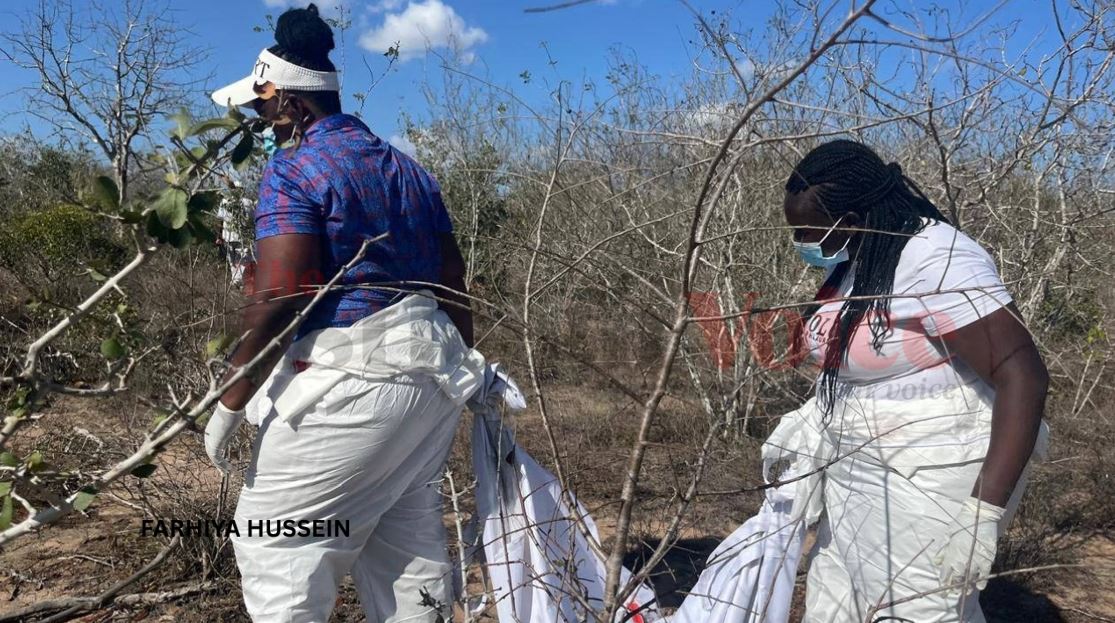
The Kwa Binzaro tragedy, much like Shakahola before it, has left families shattered, parents mourning children, and children left without parents. For relatives waiting for DNA results, the search for truth is now a painful journey of closure.
The Kwa Binzaro cult case has laid bare heartbreaking details, with families learning that their loved ones were either buried in shallow graves or left in the forest, where wild animals consumed their remains.
For many relatives still searching for closure, the revelations have deepened their pain.
More To Read
- Shakahola trial: Former co-preacher reveals Mackenzie urged followers to shun society, await "direct ascent to heaven"
- Father recalls unimaginable pain after identifying missing daughter in Shakahola case
- DPP tables 88 postmortem reports in Paul Mackenzie murder trial
- Shakahola tragedy: Families describe horror as survivors died en route to hospital
- Witness recounts how Paul Mackenzie’s teachings led her to quit career, reject medicine
- Shakahola witness tells court she hasn't used medicine for over 10 years as they are "satanic"
Senior Assistant Director of Public Prosecutions Jami Yamina told the court that investigators had recovered 34 bodies and 102 commingled remains from across the expansive 400-acre area.
“A good number of them were not buried at all; they were thrown into the forest and consumed by wild animals. The graves were not within the initial five acres under investigation. As the search continued, the exercise expanded to 400 acres,” he said.
For families waiting to know the fate of their missing kin, the news was devastating. DNA samples have been collected to help match the remains with relatives, and more than 50 statements have already been taken from witnesses. The Survey of Kenya has also mapped suspected grave sites to guide the search.
The human toll of the tragedy extends beyond the victims. Court documents revealed that some suspects’ children are now in children’s homes, while others remain missing and are feared dead.
One of the accused, Garama, has five children in a home in Kilifi, while Mukonwe’s wife and three children vanished during the fasting rituals. Kazungu’s wife, who faces hundreds of manslaughter charges in the Shakahola case, also lost track of her five children.
Anido’s husband is suspected of having died in the same ordeal.
“This case is not only about the dead but also about the lives torn apart,” Yamina said, adding that the suspects’ teachings left entire families destroyed.
In court, four suspects were placed under witness protection after agreeing to cooperate with investigators. They are expected to testify against cult leader Sharleen Temba Anido and three of her close allies.
The court also granted bond to three others under strict conditions that they report regularly and avoid any contact with witnesses.
Meanwhile, police are seeking an extra 60 days to hold Anido, Garama, Thomas Mukonwe and James Kazungu, arguing that they remain dangerous and could even take their own lives.
“Anido, Garama, Mukonwe and Kazungu are a danger to themselves. They are not a flight risk but a death risk. They may take their own lives at any given opportunity,” Yamina told the court.
Investigators say the suspects regrouped at Kwa Binzaro after escaping Shakahola, where Pastor Paul Mackenzie’s followers had already lost their lives through starvation.
They revived the radical teachings, describing mass deaths as a “holy safari to see Jesus.”
Searches at their homes uncovered phones, SIM cards, a victim’s identity card, and a bloodstained farm tool. Police also found land agreements tied to mass graves and a motorbike suspected of ferrying victims to the fasting site.
Recovery has been difficult, with wild animals disturbing shallow burials and many remains decomposed beyond recognition. Experts are still carrying out autopsies, forensic radiology, DNA matching, and cyber analysis of seized devices.
The affidavit presented in court listed offences under investigation, including radicalisation, facilitation of terrorism, organised crime and murder.
Prosecutors argued that continued detention is vital for the suspects’ safety, for gathering evidence, and for the protection of followers still vulnerable in society.
The Kwa Binzaro tragedy, much like Shakahola before it, has left families shattered, parents mourning children, and children left without parents. For relatives waiting for DNA results, the search for truth is now a painful journey of closure.
Top Stories Today
